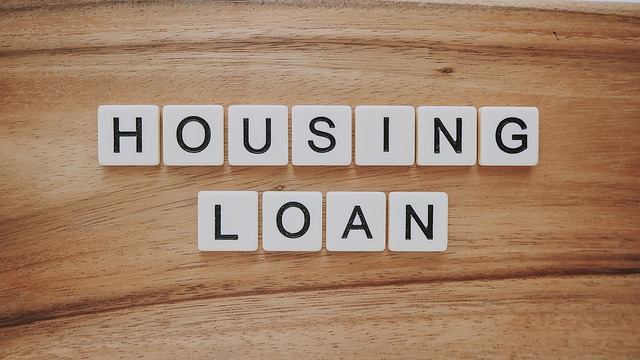Breaking Down Housing Pathways for Single Parents in 2025
Single parents face unique challenges when seeking stable housing, but 2025 brings expanded opportunities through government programs, innovative financing options, and alternative homeownership models. Understanding these pathways can transform housing dreams into reality, providing families with the security and stability they need to thrive in today's competitive real estate market.

Navigating the housing market as a single parent requires strategic planning and knowledge of available resources. With rising property values and evolving lending standards, single-parent households must explore multiple avenues to achieve homeownership or secure affordable rental arrangements. The landscape in 2025 offers both traditional and innovative solutions designed specifically for families with unique financial circumstances.
Exploring Government Housing Support Options Nationwide
Federal and state governments provide numerous housing assistance programs tailored to single-parent families. The Department of Housing and Urban Development (HUD) offers Section 8 Housing Choice Vouchers, which help eligible families pay rent in private market housing. Additionally, the USDA Rural Development program provides direct loans and guarantees for rural homebuyers with limited income.
State-specific programs vary significantly across regions. California’s CalHFA offers down payment assistance loans, while Texas provides the My First Texas Home program with competitive interest rates. New York’s SONYMA program includes both first-time buyer assistance and affordable rental options. These programs typically require income verification and may have waiting lists, making early application essential.
How Single Parents Navigate First-Time Buyer Grants
First-time homebuyer grants provide crucial financial support for single parents entering the property market. The Federal Housing Administration (FHA) allows down payments as low as 3.5% and accepts gift funds from family members or approved organizations. Veterans Affairs (VA) loans offer zero down payment options for eligible service members and veterans.
Local housing authorities often provide additional grant opportunities. Many cities offer forgivable loans that convert to grants after a specified residency period. These programs may cover down payments, closing costs, or both. Single parents should research their local housing finance agencies, as eligibility requirements and grant amounts vary by location and funding availability.
Credit score requirements for these programs are generally more flexible than conventional loans. FHA loans accept scores as low as 580 for minimum down payments, while some local programs work with borrowers who have scores in the 500s when combined with compensating factors like stable employment or completion of homebuyer education courses.
Rent-to-Own Programs: Are They a Practical Step?
Rent-to-own arrangements offer an alternative path to homeownership for single parents who may not immediately qualify for traditional mortgages. These programs typically involve lease agreements with purchase options, allowing tenants to build equity while renting. A portion of monthly rent payments often applies toward the eventual down payment.
However, rent-to-own contracts require careful evaluation. Monthly payments are usually higher than standard rent, and failure to exercise the purchase option can result in lost equity contributions. Single parents should review contract terms thoroughly, including maintenance responsibilities, property condition guarantees, and purchase price determination methods.
Successful rent-to-own arrangements work best when participants use the lease period to improve credit scores, save additional funds, and stabilize income. Many programs include financial counseling services to help families prepare for eventual mortgage qualification and homeownership responsibilities.
| Program Type | Provider | Key Features | Estimated Costs |
|---|---|---|---|
| FHA Loans | Federal Housing Administration | 3.5% down payment, flexible credit | $200-400 monthly PMI |
| VA Loans | Department of Veterans Affairs | Zero down payment, no PMI | $0 down, funding fee varies |
| USDA Rural | US Department of Agriculture | Zero down payment, rural areas | Income limits apply |
| State Programs | Various State Agencies | Down payment assistance | $5,000-15,000 grants |
| Rent-to-Own | Private Companies | Equity building while renting | 10-20% above market rent |
Prices, rates, or cost estimates mentioned in this article are based on the latest available information but may change over time. Independent research is advised before making financial decisions.
Building a strong financial foundation remains crucial regardless of the chosen housing pathway. Single parents should focus on establishing consistent employment history, reducing existing debt, and building emergency savings. Many housing programs require debt-to-income ratios below 43%, making debt management a priority.
Professional guidance from HUD-approved housing counselors provides valuable support throughout the process. These counselors offer free services including budget analysis, credit report review, and program matching based on individual circumstances. They can also help navigate application processes and connect families with appropriate lenders or program administrators.
The housing market in 2025 presents both challenges and opportunities for single-parent families. While property values remain elevated in many areas, expanded government programs and innovative financing options create multiple pathways to stable housing. Success requires patience, preparation, and thorough research of available options. By understanding these various programs and their requirements, single parents can make informed decisions that best serve their families’ long-term housing needs and financial stability.




